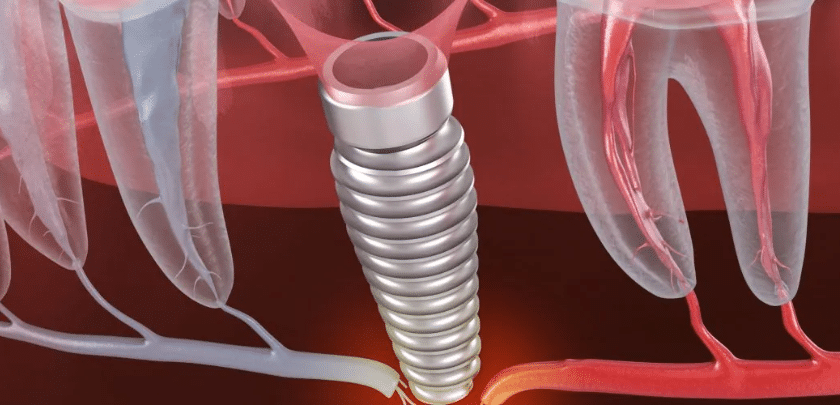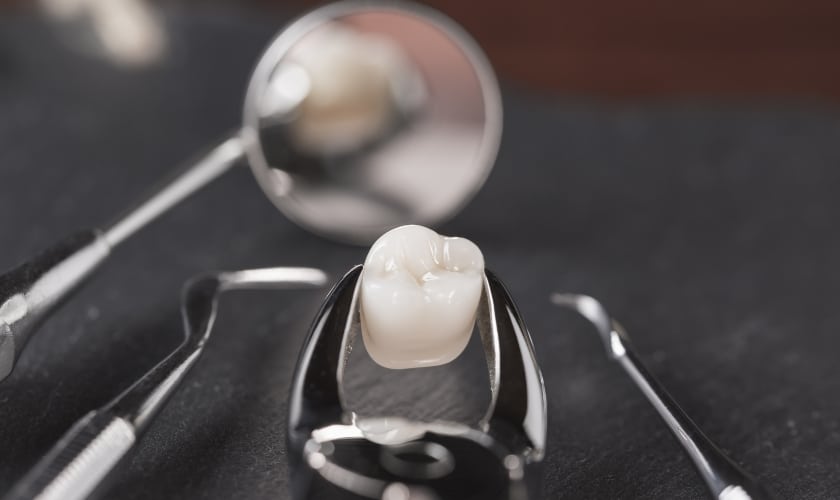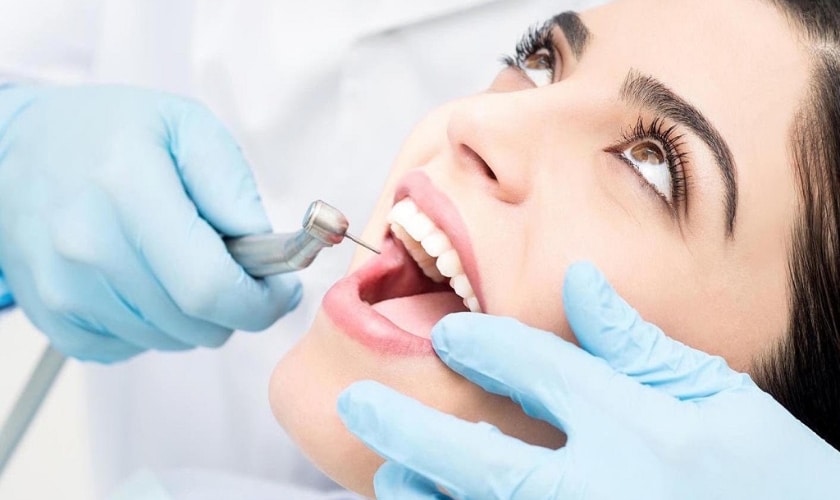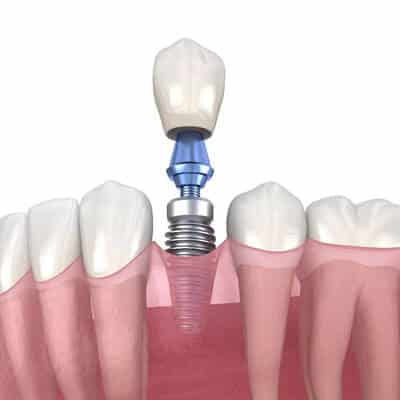
Dental implants have revolutionized dental care, offering a durable and aesthetically pleasing solution for replacing missing teeth. They are designed to last a long time, often decades, with proper care and maintenance. However, like any medical treatment, they are not entirely fail-proof. Understanding why dental implants might break and how such occurrences can be prevented is crucial for both dental professionals and patients.
Causes of Dental Implant Breakage
1. Overloading: Overloading occurs when excessive force is applied to the implant, especially before it has fully integrated with the jawbone. This can happen due to premature fitting of the crown or excessive biting forces. It can lead to implant fracture or failure.
2. Poor Osseointegration: Osseointegration is the process where the implant integrates with the jawbone. Factors such as low bone density, smoking, or certain systemic diseases can impair this process, leading to a weak foundation for the implant and increasing the risk of breakage.
3. Material Fatigue: Dental implants are typically made from titanium, which is known for its strength and durability. However, constant stress and strain over time can lead to material fatigue, eventually causing the implant to crack or break.
4. Improper Implant Placement: The incorrect positioning of an implant can result in uneven force distribution when biting or chewing. This misalignment can cause excessive pressure on parts of the implant, leading to breakage.
5. Trauma: Accidental injuries or trauma to the face can damage dental implants, just as they can natural teeth. Severe impacts can crack or dislodge implants.
6. Poor Oral Hygiene: Inadequate oral hygiene can lead to peri-implantitis, a condition similar to gum disease that affects the tissues around the implant. This can weaken the implant’s support structure and lead to its failure.
Prevention Strategies
1. Adequate Planning: Successful implant placement starts with thorough planning. This includes assessing the patient’s bone density, health condition, and ensuring there is enough bone to support the implant. Advanced imaging techniques can help in planning the optimal placement.
2. Gradual Loading: To avoid overloading, a dentist may recommend a gradual loading approach, allowing time for the implant to integrate with the jawbone before placing the final crown.
3. Choosing the Right Materials: While titanium is the material of choice for most implants, advancements in materials science have introduced alternatives like zirconia that may offer benefits in certain situations. The choice of material should be tailored to each patient’s specific needs.
4. Regular Check-ups: Routine dental visits are essential for monitoring the health of dental implants. These check-ups allow early detection and intervention if there are signs of trouble.
5. Good Oral Hygiene: Maintaining excellent oral hygiene is crucial for preventing peri-implantitis. This includes regular brushing, flossing, and using an antibacterial mouthwash if recommended by a dentist.
6. Avoiding Unnecessary Stress: Patients should be advised on how to avoid placing undue stress on their implants. This includes not using their teeth as tools, wearing a mouthguard if they participate in sports, and using a night guard if they grind their teeth.
7. Smoking Cessation: Smokers are at a higher risk of implant failure. Quitting smoking can significantly improve the success rate of dental implants.
In conclusion, while dental implants are a reliable and long-lasting solution for tooth replacement, they are not immune to failure. Understanding the causes of dental implant breakage and adopting preventive measures can significantly reduce the risk of complications. Both dental professionals and patients play a role in ensuring the longevity of dental implants through careful planning, proper care, and regular dental check-ups.












